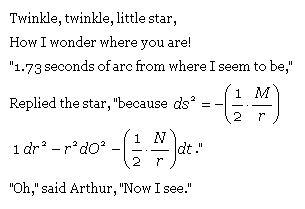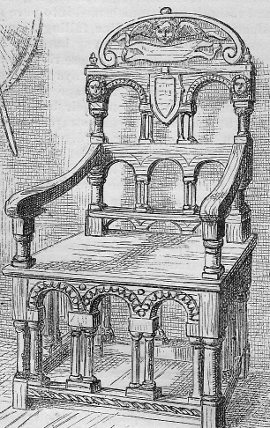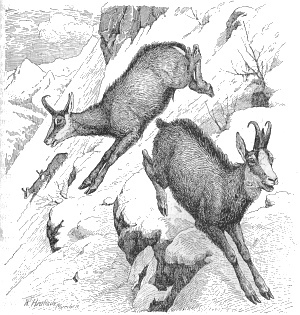Entering the lonely house with my wife
I saw him for the first time
Peering furtively from behind a bush –
Blackness that moved,
A shape amid the shadows,
A momentary glimpse of gleaming eyes
Revealed in the ragged moon.
A closer look (he seemed to turn) might have
Put him to flight forever –
I dared not
(For reasons that I failed to understand),
Though I knew I should act at once.
I puzzled over it, hiding alone,
Watching the woman as she neared the gate.
He came, and I saw him crouching
Night after night.
Night after night
He came, and I saw him crouching,
Watching the woman as she neared the gate.
I puzzled over it, hiding alone –
Though I knew I should act at once,
For reasons that I failed to understand
I dared not
Put him to flight forever.
A closer look (he seemed to turn) might have
Revealed in the ragged moon
A momentary glimpse of gleaming eyes
A shape amid the shadows,
Blackness that moved.
Peering furtively from behind a bush,
I saw him, for the first time,
Entering the lonely house with my wife.
— J.A. Lindon




